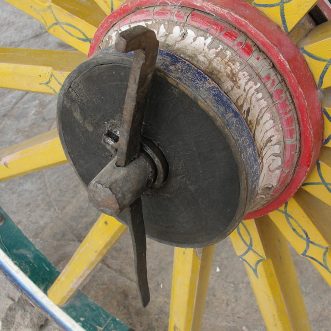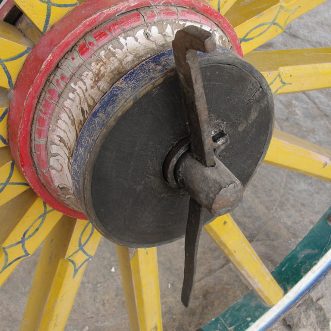September 11, 2023
I am not a monster.
I’m a gap.
The gap between what you, Founder, have in your mind’s eye, and what you Team, have in yours.
Between you, you fill that gap with a monster. With your assumptions and presumptions, your takings for granted and second-guessings of motivation.
You make everyone owls when they want to be flowers.
You make everyone Hydes when they want to be Jekylls.
You make fog where there should be clarity and purpose.
You make mediocrity where there should be excellence.
You make a straitjacket where there should be a springboard.
You build a pin-factory where there should be an orchestra.
You make noise where there should be be music.
You focus on me when you should be focusing on the people and the world, you serve.
You, Founder, you, Team, between you, you make me a monster.
But you can unmake me.
All you have to do is share with each other.
Founder, share your system for making and keeping promises with the team. Team, share your ideas for doing it better with the Founder.
Everyone, share the work of doing it. Not just the concrete tasks, but the emotional labour, the feelings. Not just the technicalities, but the customer experience, the bit that wows..
Make everyone a Boss, and watch your floor become a springboard, owned by everyone. With enough give to support different people, enough resistance to help them really take off. Watch that pin-factory morph into an orchestra, delivering customer-delighting performances that have people coming back for more.
That thing you all call ‘The Boss’.
It’s not a monster.
It’s just a gap.
When you close it, ‘the Boss’ will disappear.
And everyone will be free.
Discipline makes Daring possible.
Ask me how.









